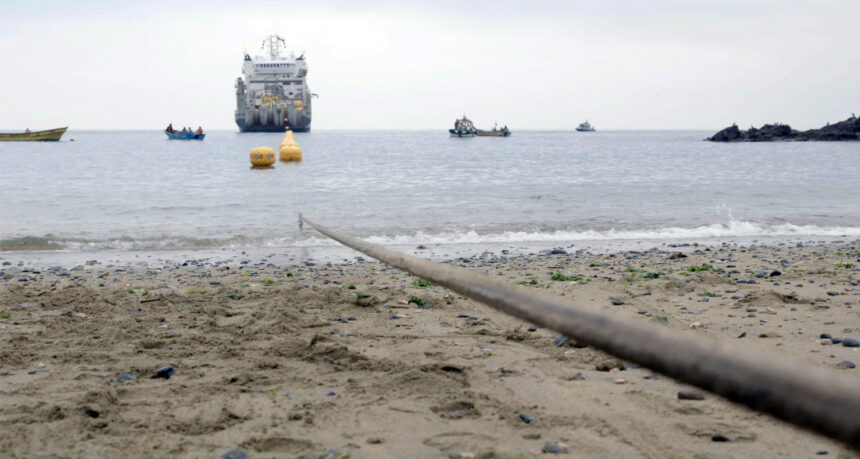Despite routine maintenance on the West African Cable System (WACS), which Namibia relies on for its internet connection to the rest of the world, Mobile Telecommunications Limited (MTC) has rerouted most of the country’s data traffic to backup systems to ensure continuity of internet services.
MTC yesterday stated that scheduled maintenance on WACS is ongoing until 16 June 2025.
During the WACS maintenance, internet connectivity may be temporarily affected in regions that rely on the cable for their internet traffic, of which Namibia is part.
Via a statement, MTC elaborated that three of its internet links that run via WACS will be affected.
As such, it has rerouted data traffic to alternative backup links to ensure service continuation to customers to ensure minimum disruptions.
These alternative backups enable “acceptable service levels” and compliance even when WACS is offline.
“WACS maintenance is a regular occurrence. It is usually scheduled to allow for repairs, upgrades or other necessary work on the cable. To minimise the impact of WACS maintenance, we have invested in our redundancy links (routes) and alternative infrastructure to support operations – and ensure that you, as the customer, impact is kept at minimum levels as per industry standards,” said Tim Ekandjo, MTC’s chief brand, marketing, communications and sustainability officer. MTC is monitoring the network for any possible swift intervention that might be required.
WACS is a high-capacity broadband undersea cable system linking Southern and West Africa to Europe.
It is designed to support present and future internet, e-commerce, data, video and voice services.
Its landing station in Namibia is Swakopmund, from which the cable travels inland to major towns and cities in the country.
The 14 000-kilometre WACS cable brings direct connectivity between Namibia, West Africa, the UK and the rest of the world, with a design capacity of at least 5.12 Tbit.
It has landing points in South Africa, Namibia, Angola, the Democratic Republic of Congo, the Republic of Congo, Cameroon, Nigeria, Togo, Ghana, Ivory Coast and Cape Verde, as well as the Canary Islands, Portugal and the United Kingdom.
WACS was constructed at a cost of US$600 million by international and local partners. Namibia’s investment in the design and construction of the cable amounts to some US$75 million, which has been co-invested with Botswana on a 50/50 basis.


